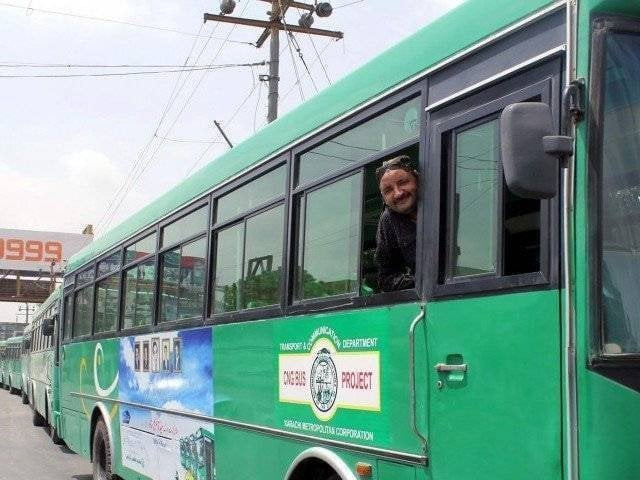K-P allocates Rs19b for BRT corridor affectees
ADB to provide Rs48b soft loan for the Rs56b project

ADB to provide Rs48b soft loan for the Rs56b project. PHOTO: EXPRESS/FILE
As per the plan, a copy of which is available with The Express Tribune, Rs17.1 billion of the total allocated amount has been set aside for acquiring land, while Rs1.7 billion has been kept as a contingency and Rs193.1 million have been set as compensation and resettlement assistance funds.
Bus rapid transit for Peshawar wins green light
Documents for the plan reveal that the corridor would impact 535 households once their land is acquired to build the project.
The plan had been prepared by the K-P Planning and Development Department to meet the soft-loan requirements set by the Asian Development Bank (ADB) for the bus corridor project.
The project is estimated to cost around Rs56 billion of which the ADB would provide the K-P government with Rs48.182 billion as a soft loan. The remaining Rs8 billion would be provided by the K-P government, according to the documents.
As per ADB’s requirement, the land acquisition and resettlement plan have to be translated into local languages and made available to the public. A three-tier mechanism has been designed to address the grievances of the displaced and stakeholders. Moreover, the documents show that the entire resettlement process would be internally and externally monitored.
A major portion of the project will be built on the already existing ‘right of way’ and lands owned by the K-P government. However, the government needs to acquire 117-kanals of private agricultural land for the Eastern Side Bus Depot, located outside Peshawar along the Northern Bypass.
Moreover, a number of permanent structures including underpass markets — one in Hashtnagri area and the other at Firdous Cinema — with around 84 shops, four commercial toilets, three kiosks and 12 stores would have to be demolished to make way for the project.
Besides the underpasses, a horizontal complex at Chughal Pura, which has 14 shops and a store room, would also have to be demolished for a second ‘bus station’ at the site.
Bus Rapid Transit: Over 0.5m Peshawar residents to use BRT every day
Two mosques are also expected to be razed for the project.
As per the preliminary design of the project, a large number of people and businesses would have to be resettled, but adjustments have been made in the BRT design to minimise the displacement and resettlement.
Apart from residential and commercial centres, the project would also impact public utilities and would require the relocation of electricity poles, transformers, water supply stations, drainage systems, and telecommunications infrastructure. The transport department would be paying for relocating and rehabilitating utilities.
Published in The Express Tribune, May 19th, 2017.













COMMENTS
Comments are moderated and generally will be posted if they are on-topic and not abusive.
For more information, please see our Comments FAQ